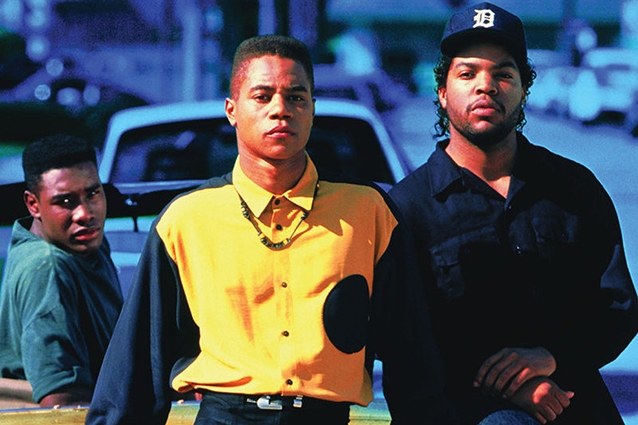 Before the formation of Black Lives Matter, there was constant talk about my “lost generation” from those who came before us. According to them, millennials were lazy and self-centered since we’d never had to work for anything. We didn’t know what it meant to protest and to stand up for our Civil Rights since that moment was well before our time. I suppose no one could have foreseen how police brutality and the advent of social media would collide, exploding and rippling throughout the country. It never seemed puzzling to me; after all, young people have always been at the forefront of change across the globe. Youth provides the stamina to tuck in and stick with a cause for the long haul.
Before the formation of Black Lives Matter, there was constant talk about my “lost generation” from those who came before us. According to them, millennials were lazy and self-centered since we’d never had to work for anything. We didn’t know what it meant to protest and to stand up for our Civil Rights since that moment was well before our time. I suppose no one could have foreseen how police brutality and the advent of social media would collide, exploding and rippling throughout the country. It never seemed puzzling to me; after all, young people have always been at the forefront of change across the globe. Youth provides the stamina to tuck in and stick with a cause for the long haul.
The 1960’s were such a tumultuous time in our country’s historical framework that we often overlook the work done by student activists on college campuses. We are taught (if we’re lucky) about Rosa Parks and Martin Luther King Jr., the Montgomery Bus Boycott and the March On Washington. Except for the stories involving The Student Nonviolent Coordinating Committee (SNCC), student protests are often glazed over as a footnote in the history of liberation and Civil Rights. Or worst still, they aren’t mentioned at all.
Filmmakers Frank Dawson and Abby Ginzberg were students who actively participated in the April 1969 Cornell University protests that successfully reshaped how Black students were perceived on campus. As a result, the duo has a distinct and unique perspective of what occurred on that fateful morning Black students took over the Student Union, emerging with guns in hand a day later with the promise of a more robust and meaningful education. In “Agents Of Change,” Dawson and Ginzberg take us back to their time at Cornell and travel across the country to assess the highly publicized and violent strike at San Francisco State University the year prior.
As a Black woman who received her education at two predominantly white universities in the past decade, I cannot overstate how isolated I often felt. As the only Black woman to graduate from my undergraduate program my year at a University of 25,000 undergrads and the single Black person in my graduate program; I found it both exhausting and frustrating, especially when it came to voicing my opinions on specific topics. Still, since I attended college in the 21st century, I was given the opportunity to take classes on everything from Black women in slavery to Blaxploitation. Though my living spaces were often void of people of color, I took refuge in my Black professors and in the Africana Studies departments in my schools. Unfortunately, it never occurred to me that these options might not be available to me, had it not have been for students demanding these types of curriculum years before I was even thought of.
Continue reading at Shadow and Act.

 On July 12, 1991, John Singleton’s “Boyz N the Hood” came roaring into theaters. The Black community was feeling the residual effects of the ‘80s crack epidemic. George H.W. Bush was in the White House, and the Los Angeles community was still reeling from the brutal beating of Rodney King by the LAPD four months prior.
On July 12, 1991, John Singleton’s “Boyz N the Hood” came roaring into theaters. The Black community was feeling the residual effects of the ‘80s crack epidemic. George H.W. Bush was in the White House, and the Los Angeles community was still reeling from the brutal beating of Rodney King by the LAPD four months prior.